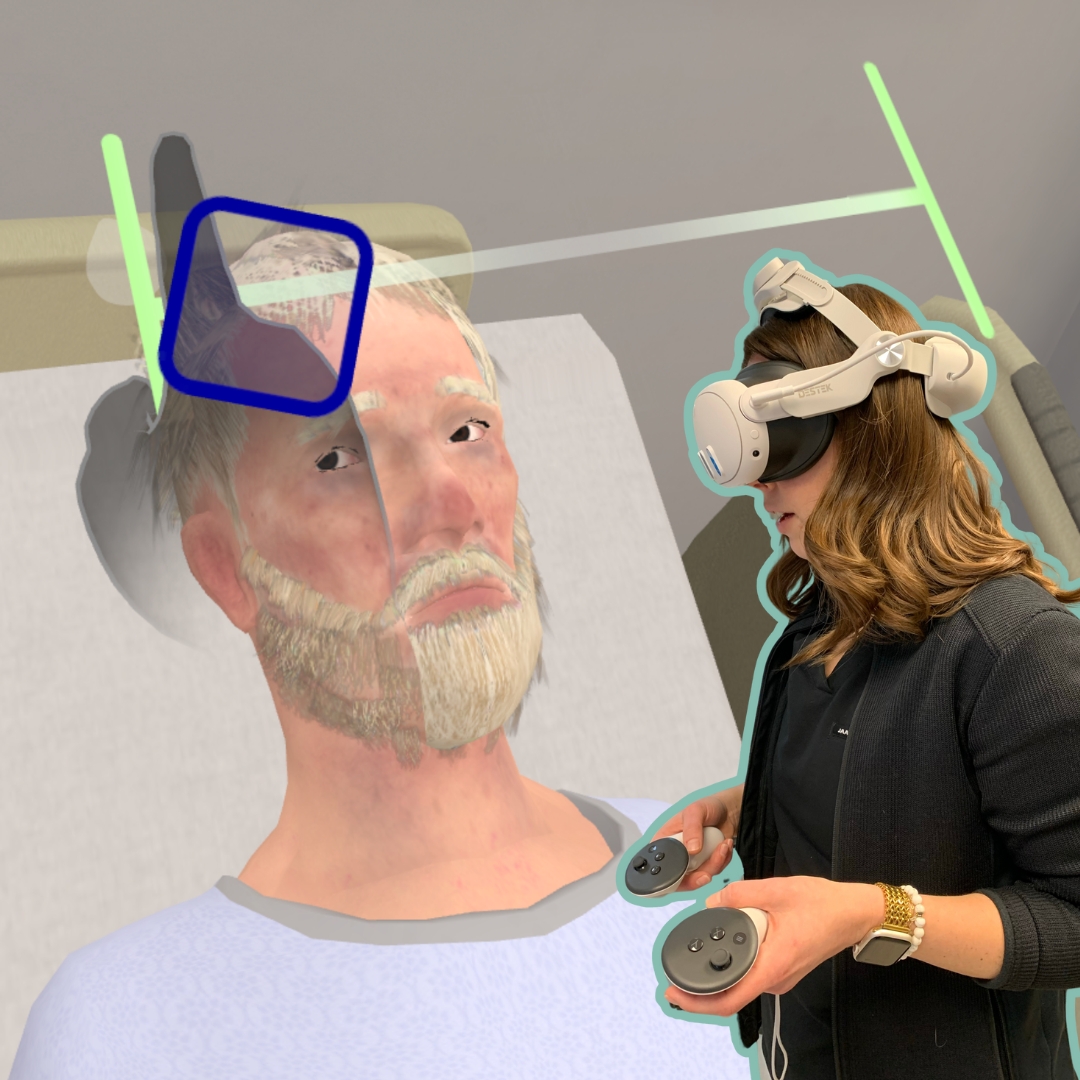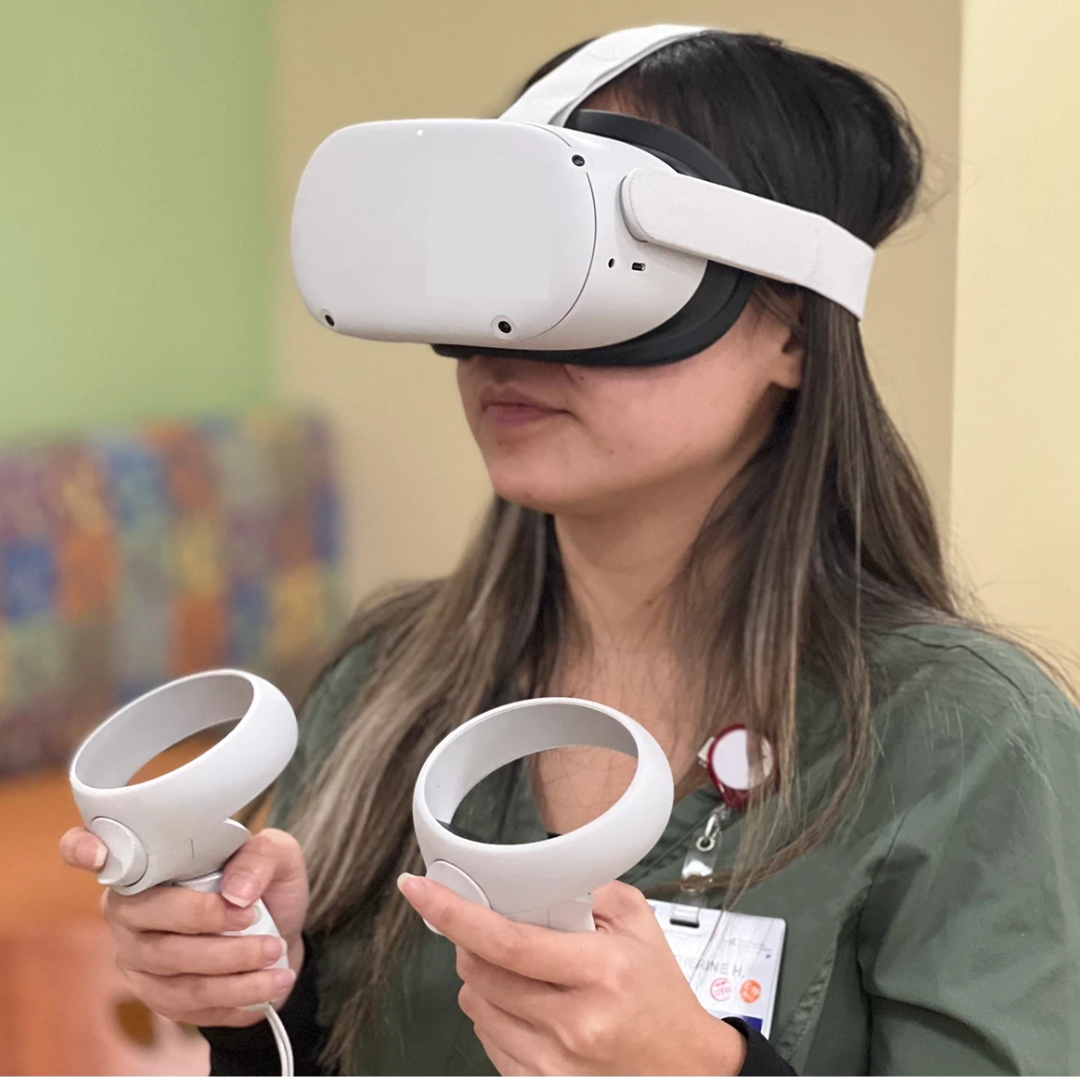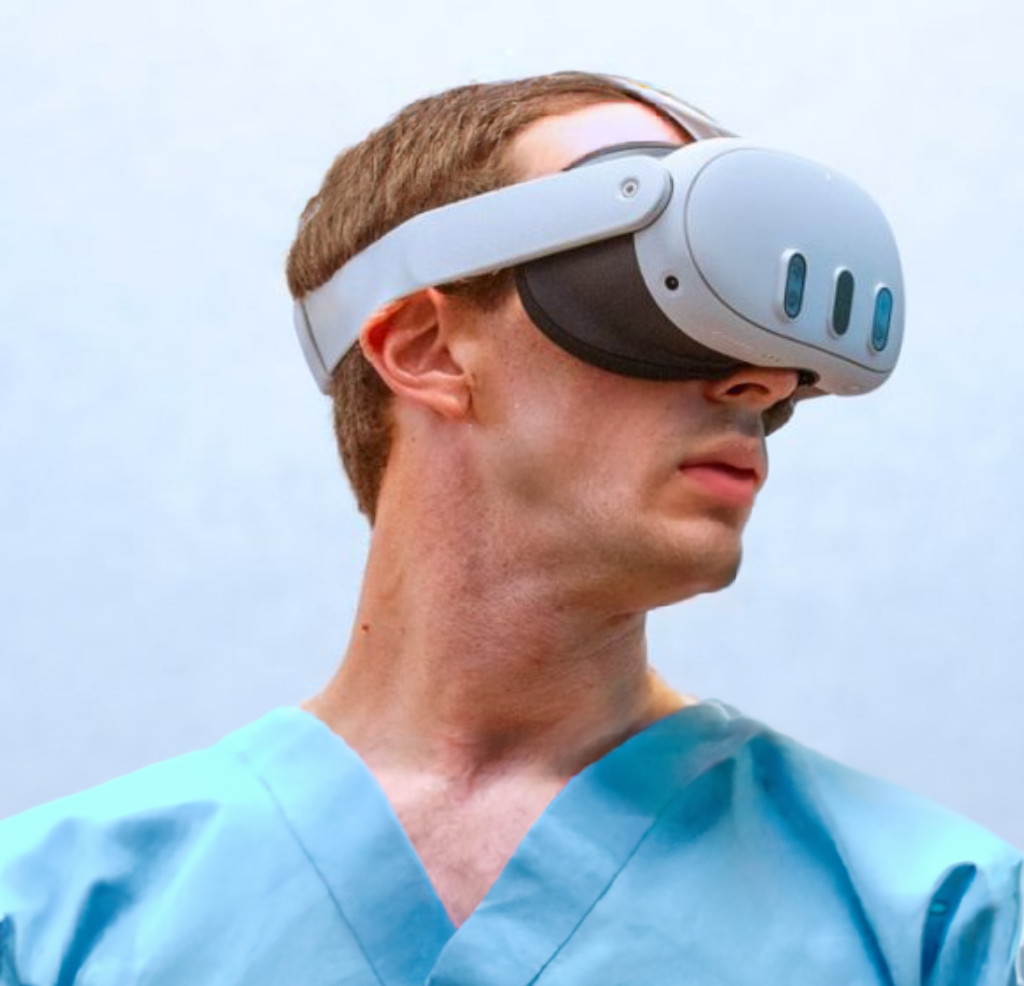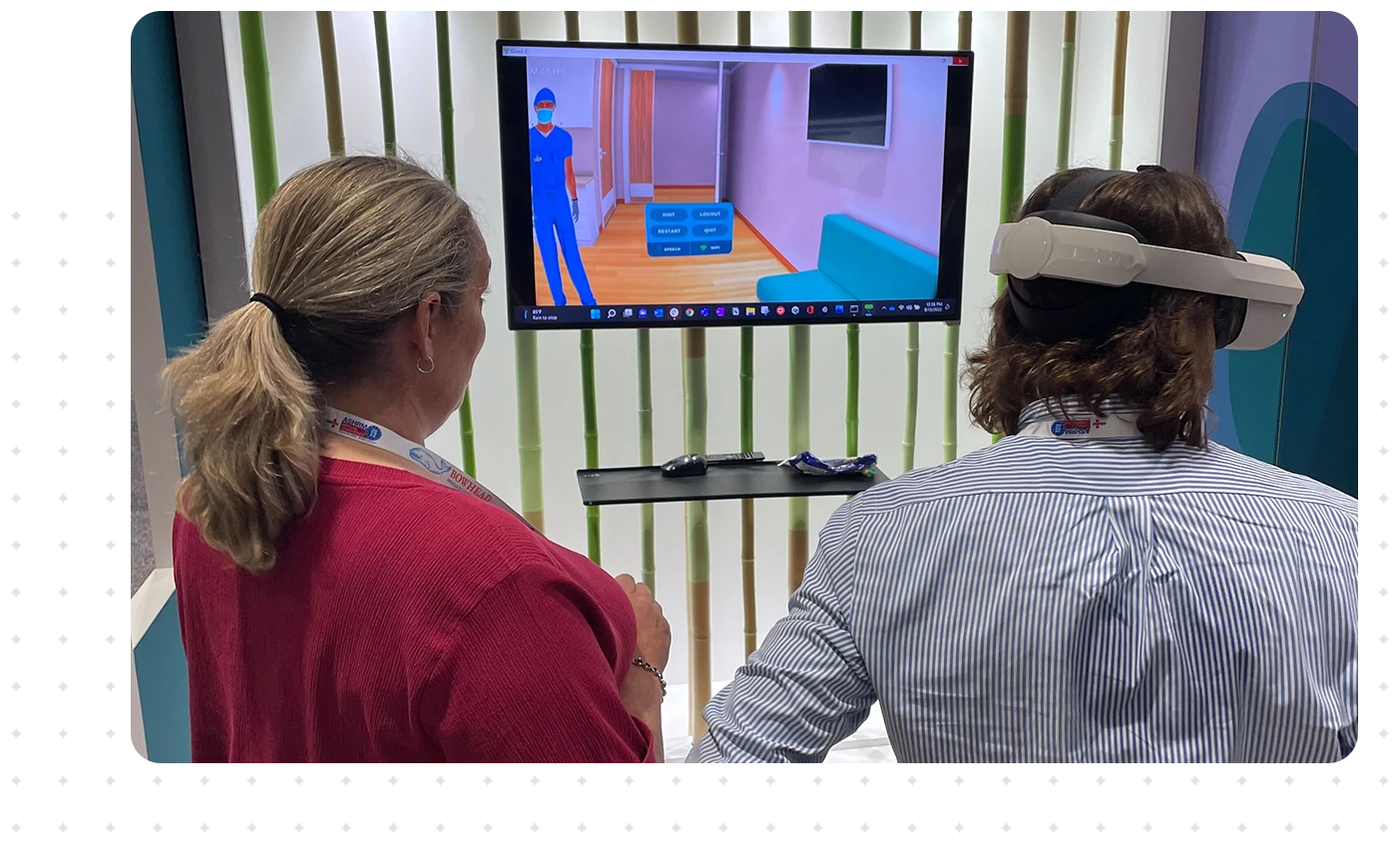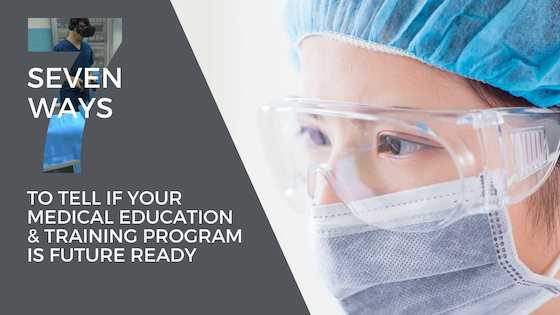
Seven ways to tell if your medical education & training program is future ready
Published January 22, 2022
Healthcare organizations continue to evolve, and with constant change comes new challenges and opportunities. But one critical objective remains: patient safety. To deliver better patient outcomes, cost-effectively, organizations need to have the right tools, technology and processes in place. Many are unsure where to start to address vulnerabilities or provide consistently safe experiences system wide, but these problems can be alleviated by efficient, scalable medical education and integrating new practices such as VR simulation training.
So, how can you tell if your medical education and simulation training is ready to meet future demands? Below are questions future ready organizations can affirmatively answer:
1. Do you have a centralized system for training cross-functional groups? Many organizations have disparate systems and are unable to train large groups of teams from different locations and specialties, thus, they’re providing inconsistent experiences, which can lead to error and put patients in danger.
2. Are you piloting or have you implemented augmented or virtual reality (VR) simulation training? VR simulation training is an inexpensive way to immerse your clinicians in consistent environments and situations no matter their locations, and help them learn in a memorable way.
3. Are you digitally tracking trainee progress and analyzing performance to measure impact? It can be difficult to assess the efficacy of your training program. A blended learning platform that can track progress and performance of multiple learning modalities enables organizations to easily identify and target specific vulnerabilities.
4. Are you able to easily scale simulation training? Setting up and running high-fidelity training scenarios is a time-consuming, cost-intensive undertaking. Coordinating resources, rehearsing, and gathering participants from multiple locations, and repeating the scenario multiple times isn’t efficient. With technology like VR simulation training and a software platform that supports scenario design, resource planning, deployment and measurement you can administer multiple simulation sessions across multiple locations saving time and money while delivering consistent experience-based training.
5. Are you providing targeted training for those who need it most? Future ready organizations understand that one-size-fits-all training isn’t always appropriate. Trainees may have specific needs or have issues mastering certain procedures. Understanding what those challenges are and addressing them is an essential step in any successful training program.
6. Does your education program proactively prepare your learners for adverse events before they happen? We don’t want the unthinkable to happen but it can. And future ready organizations are on the offensive, training for worst-case scenarios so that they’re equipped to address them, should they happen
7. Does your education program provide accessible, repeatable refresher training? A huge limitation of current clinical education and sim training is that it is often one and done, or only offered when re-certifications are due. Clinicians need a way to easily access immersive ‘refresher’ training to practice complex skills and workflows, or procedures that don’t occur frequently.
These are just some of the questions a modern healthcare organization should be asking themselves as they evaluate their patient safety and clinical education programs and prepare for what’s next. How future ready is your organization? To learn more request a demo of the Health Scholars One™ enables the management, blended learning platform.

